2, March 2024
Douala: Mr Leo on finding the ‘power of our voice’ 0
Mbolé-pop star Mr Leo’s next musical mission is to break through to English-speaking audiences – and he hopes his new album will do the trick.
The singer-songwriter from Cameroon has been wooing French-speaking West Africa and the diaspora with his melodious love songs and infectious dance tunes since 2015.
Born Fonyuy Leonard Nsohburinka, Mr Leo shot to fame with E Go Betta. That first single was one of the biggest tunes on radio and TV in 2015 – in and out of Cameroon.
He fuses Afrobeats with the country’s home-grown mbolé music, a blend of the rhythms and sounds of Cameroon like makoosa.
He’s won multiple awards – and in 2021 he was selected to be part of the musicians who cast votes for the prestigious Grammys.
Mr Leo’s path into music wasn’t straightforward. As a schoolboy, he joined the school choir – only because that was the only way to spend time with a girl he liked. His father, a stern military man, blocked his path because he wanted his son to be a medical doctor.
But “music chose me”, says Mr Leo.
“Each time I sang, it got me into a place where I really enjoyed myself. I created a world that I could fully control – without my father telling me exactly what to do – and I could just be myself,” he says.
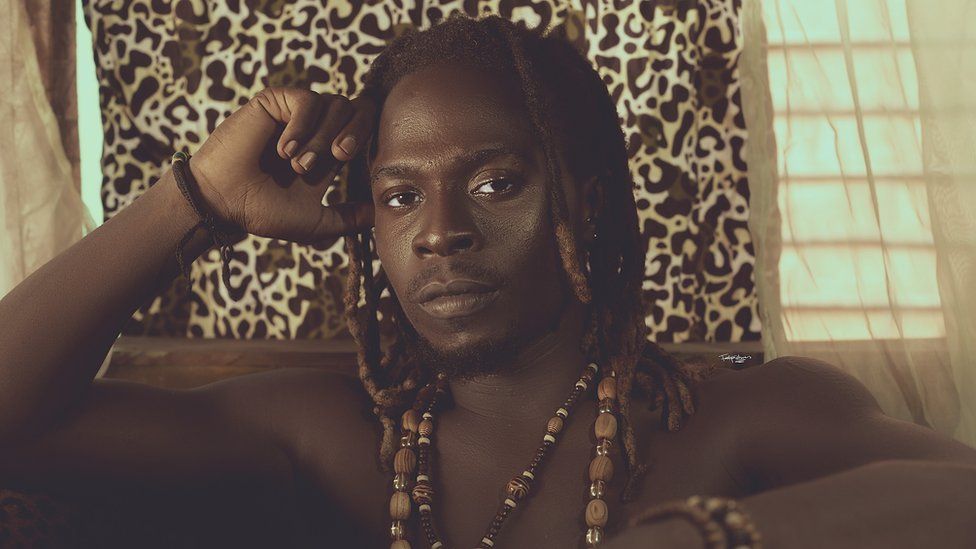
His third, 14-track album, Good Vibes drops in March – and as its title suggests it is full of positive lyrics and uplifting melodies. He sings in English, French and Lamso.
“I’m all about the One Love spirit, being there when people need and bringing out positivity,” he says.
“I just feel like if this is a gospel that people really preach around the world, it will change something, – because everyone is going through a lot of trying times.”
His music and musical growth has been influenced by the conflict in Cameroon. Since 2017, Cameroon’s mainly English-speaking north-west and south-west regions have seen a guerrilla war between government forces and insurgents fighting for the independence of the region they call Ambazonia.
Mr Leo has been personally affected – like hundreds of thousands other people, he’s been displaced and had to move from his hometown of Buea to the main town of Douala. And many of his friends and acquaintances have been killed.
“It makes me value my time more and it makes me want to do something as an artist,” he says.
“We’re not politicians, we don’t have seats in power – but we do have the power of our voice and the least I can do is use my voice to talk through one or two of my songs.”
Source: BBC
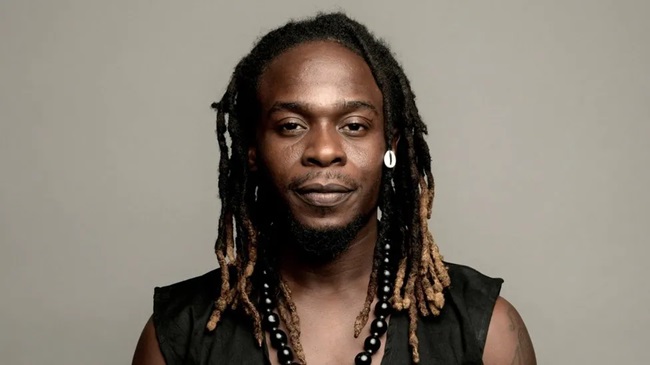

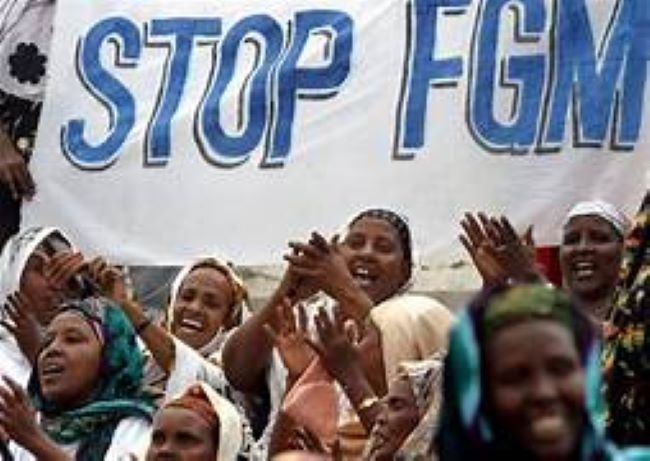

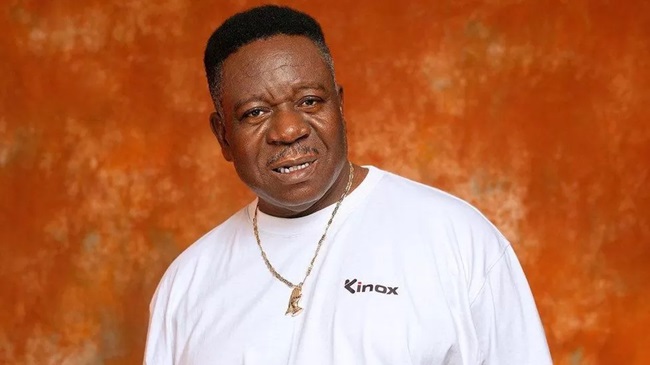
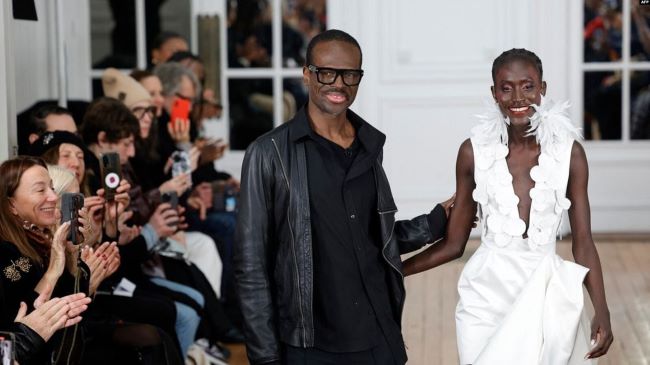
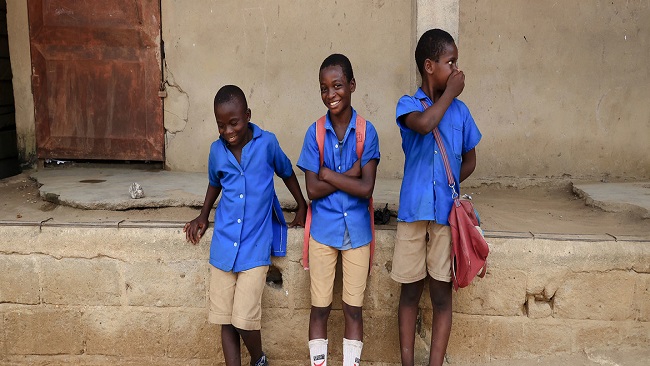
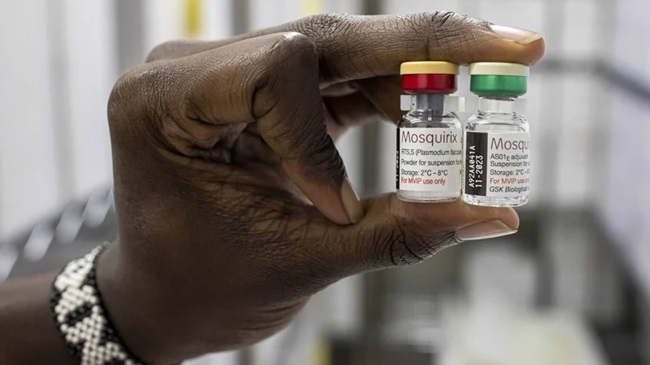
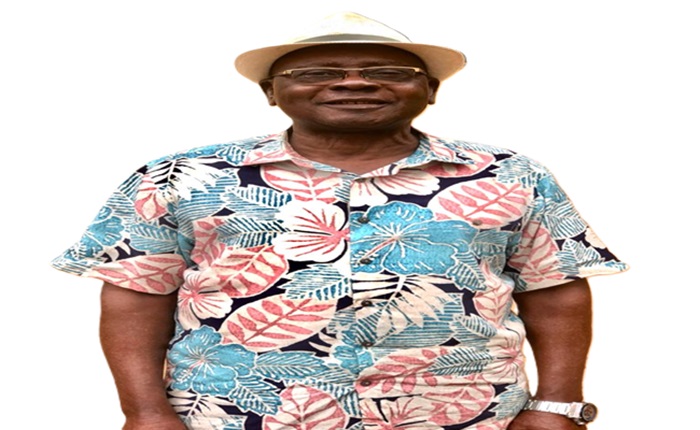

















3, March 2024
Nollywood mourns as Mr Ibu dies 0
Veteran actor, John Okafor, popularly known as Mr Ibu, who was loved for his comic roles in movies and skits, was confirmed dead on Saturday, March 2, 2024, at a hospital in Lagos. He was said to have suffered a cardiac arrest.
His death came barely 24 hours after another actor, Quadri Oyebamiji, aka Sisi Quadri, passed away in Osun State.
Paying tributes to the late Okafor, the president of the Actors Guild of Nigeria, Emeka Rollas, wrote on his Instagram, “Sad day for the Actors Guild of Nigeria. Kate Henshaw lost her mother earlier today, and Mr Ibu suffered cardiac arrest, according to his manager of 24 years, Don Nwuzor. I announce with a deep sense of grief that Mr Ibu did not make it. May his soul rest in peace.”
On her part, an actress, Mercy Johnson-Okojie, wrote, “It is well…rest well, sir.”
Peter, a singer and member of the pop group, P-Square, wrote, “Rest well, Mr Ibu. We will definitely miss you, brother.”
Recall that had battled ill health for some time, leading to the amputation of his legs. This was after he had appealed to his fans and members of the public to prayer for him and render financial assistance to cover his medical bills.
However, as the actor lay on his hospital bed, members of his family were in a fierce battle, During this period, his family seemed to have been in a fierce battle, as they accused one another of wanting to embezzle the money raised by members of the public.
It was also alleged that the actor was involved in an affair with his adopted daughter, Chioma (Jasmine); though both parties denied the allegations.
Indeed, the actor’s last years had been tumultuous. On different occasions, he claimed to have survived several poison attempts. According to him, three attempts were made on his life but he survived them all.
Actors who have passed on this year include Sisi Quadri and Deji Akinremi, aka Olofa Ina.
Source: Punch.ng